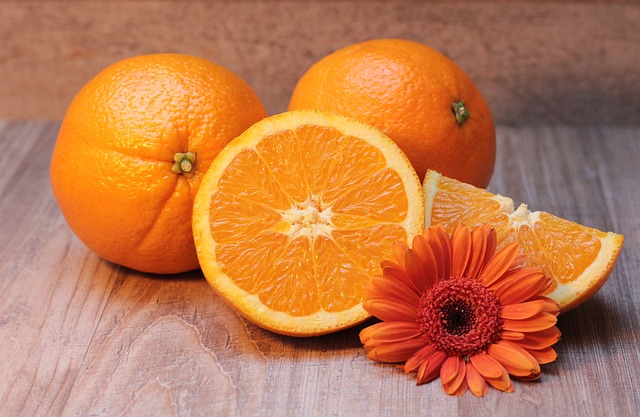Probiotics 101: Understanding the Benefits and How to Incorporate Them into Your Diet
Probiotics are often referred to as “good” bacteria because of the many benefits they offer our bodies. These beneficial bacteria can be found in various foods and supplements, and can help to improve our digestion, boost our immune system, and even support our mental health.
What Are Probiotics?
Probiotics are live microorganisms that are similar to the “good” bacteria found naturally in our bodies. These microorganisms can include bacteria, yeast, and other fungi, and can be found in various foods and supplements.
Probiotics work by colonizing our gut and the other parts of our body, such as our mouth, skin, and genital organs. They help to maintain a healthy balance of bacteria in our bodies, which can be upset by factors such as antibiotics, stress, and poor diet.
The Benefits of Probiotics
Probiotics have numerous benefits for our health, and can be particularly beneficial for our digestive and immune systems.
Digestive Health
Probiotics can help to improve our digestion by aiding in the breakdown and absorption of nutrients, and by helping to regulate bowel movements. They can also help to alleviate symptoms of certain digestive disorders, such as irritable bowel syndrome (IBS) and inflammatory bowel disease (IBD).
Immune System
Probiotics can stimulate the production of immune cells, which can help to fight off harmful bacteria and viruses. They can also help to reduce the risk of infections, such as urinary tract infections (UTIs) and yeast infections.
Mental Health
Recent studies have suggested that there may be a link between our gut health and our mental health. Probiotics can help to improve our mood, reduce anxiety, and alleviate symptoms of depression.
How to Incorporate Probiotics into Your Diet
Probiotics can be found in various foods and supplements, and can be easily incorporated into your diet. Here are some examples:
Yogurt
Yogurt is a great source of probiotics, particularly if it contains live and active cultures. Look for yogurts that have the “Live and Active Cultures” seal from the National Yogurt Association.
Kefir
Kefir is a fermented milk product that is similar to yogurt, but has different strains of bacteria. It can be found at most health food stores.
Kombucha
Kombucha is a fermented tea that is becoming increasingly popular. It contains both probiotics and antioxidants, and can be found at most grocery stores.
Sauerkraut
Sauerkraut is a fermented cabbage dish that is a great source of probiotics. Look for sauerkraut that is made with natural ingredients and doesn’t contain preservatives.
Kimchi
Kimchi is a Korean dish made from fermented vegetables, such as cabbage and radish. It is a great source of probiotics and can be found at most health food stores.
Probiotic Supplements
If you’re not able to get enough probiotics from your diet, you may want to consider taking a probiotic supplement. Look for a supplement that contains a variety of strains of bacteria and has a high colony-forming unit (CFU) count.
Conclusion
Probiotics are an important part of a healthy diet and can offer numerous benefits for our health. Whether you choose to incorporate probiotic-rich foods into your diet or take a supplement, be sure to discuss your options with your healthcare provider to ensure that you’re getting the right amount and strains of probiotics for your individual needs.







